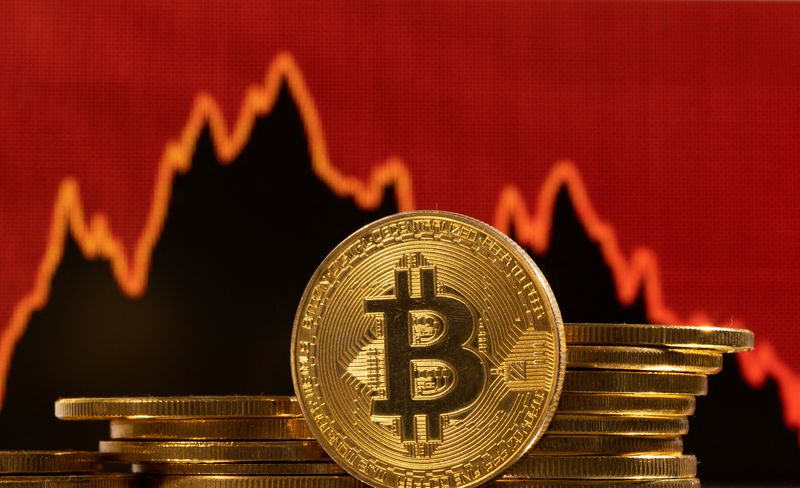Investing.com – The crypto community is electrified: the prospect of lower interest rates is fueling fantasies of rapid price increases in Bitcoin and other cryptocurrencies. But is this euphoria really justified, or are we in for a nasty surprise?
Arthur Hayes, co-founder of the crypto exchange BitMEX and a perennial Bitcoin bull, warns against premature celebrations.
Do you want to know how the most successful investors structure their portfolios? InvestingPro gives you access to the strategies and portfolios of top investors. Additionally, you will receive over 100 stock recommendations per month based on AI-driven analyses. Curious? Click here for more information.
In a recently published essay, Hayes argued that the market is going through a kind of "sugar rush," fueled by the announcement of rate cuts by Jerome Powell, the chairman of the US Federal Reserve.
Following Powell's confirmation that the long-awaited Fed pivot was imminent, expectations skyrocketed. But Hayes cautions against optimism: the long-term effects could be much more complicated than many currently believe.
According to Hayes, the market reacted euphorically to Powell’s statement, although narrowing the interest rate differential between the dollar, pound, euro, and yen poses significant risks. These different interest rates are crucial not only for the American market but also globally.
A weaker dollar combined with a stronger yen could lead to an "unwinding" of the so-called yen carry trade, potentially causing disastrous impacts on global financial markets.
On one hand, cheaper money makes it easier for investors to borrow and thus speculate on riskier asset classes like stocks and cryptocurrencies. On the other hand, a stronger yen could lead to a disentangling of global investments, which would have severe consequences for all high-risk assets.
Hayes points to the example from early August when the Bank of Japan raised interest rates to 0.25% for the first time in 17 years. The market reacted nervously at that time, and Bitcoin temporarily dipped below $50,000. Hayes is convinced that a similar scenario could occur during the next "yen quake."
He predicts that in such a crisis, the Fed would likely inflate its balance sheet and dramatically increase the money supply— a short-term solution with long-term consequences, which he describes as "real fodder" for the markets.
In summary, Hayes believes that despite possible short-term recessions, the outlook for cryptocurrencies is extremely positive. "They will crank up the money printer and dramatically increase the money supply," he speculates. "For assets with limited supply like Bitcoin, that will mean a journey at light speed to the moon!"
Whether this prediction ultimately holds true, only time will tell. But one thing is certain: the announced rate cuts leave no one unaffected and could either plunge the financial world into chaos or propel Bitcoin and other cryptocurrencies to new heights.
